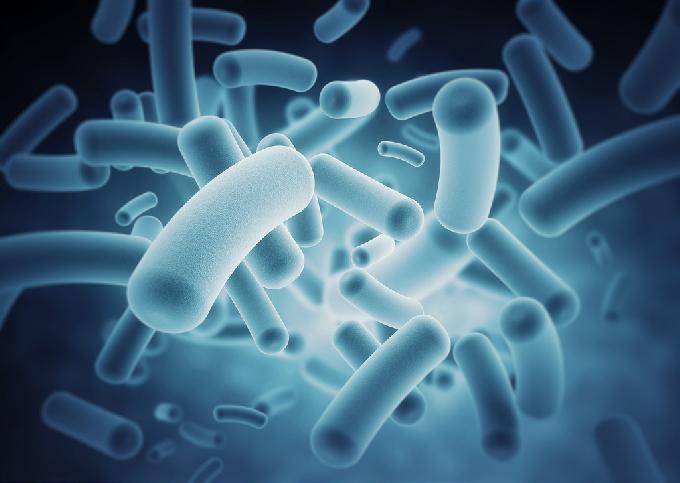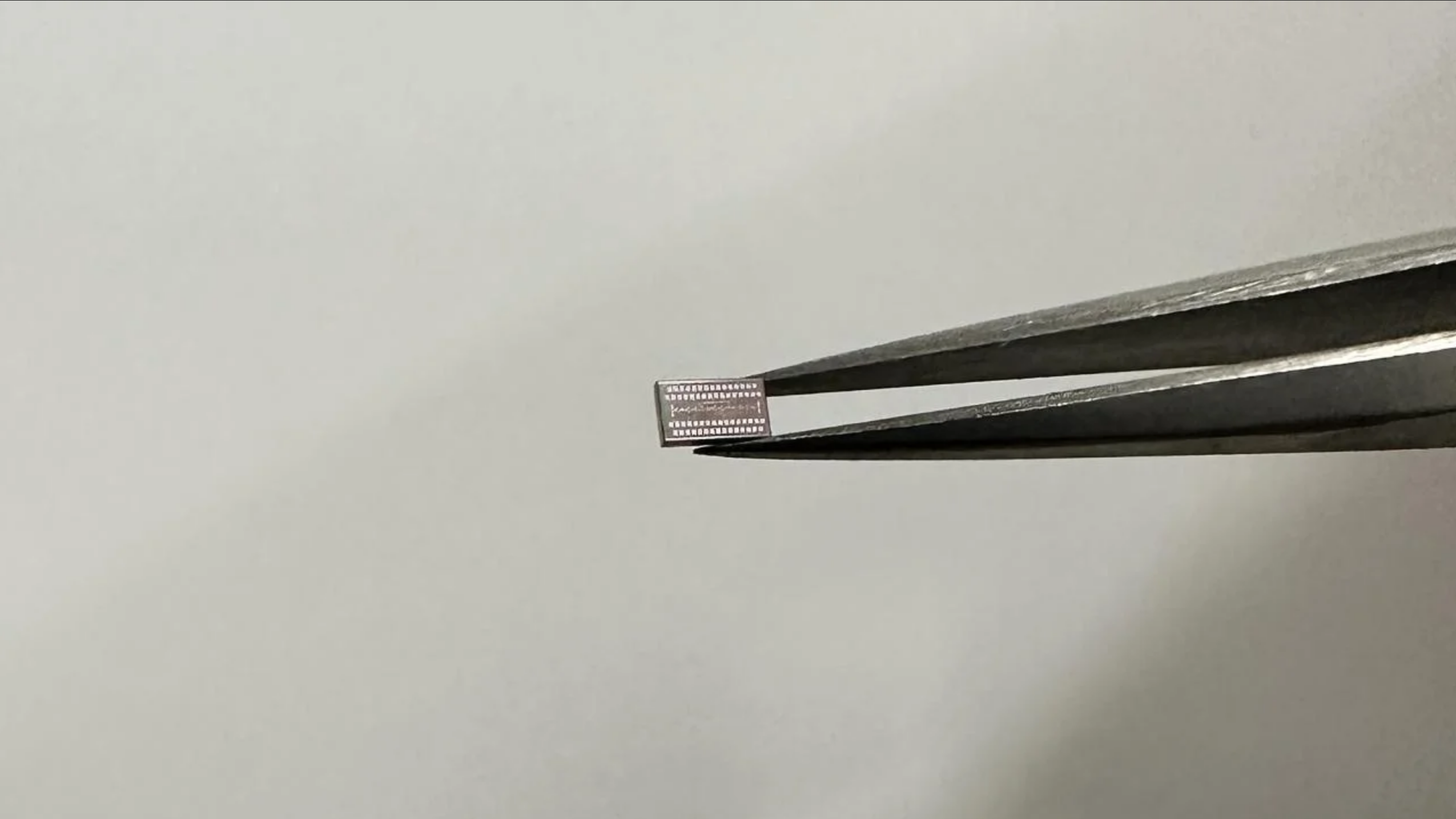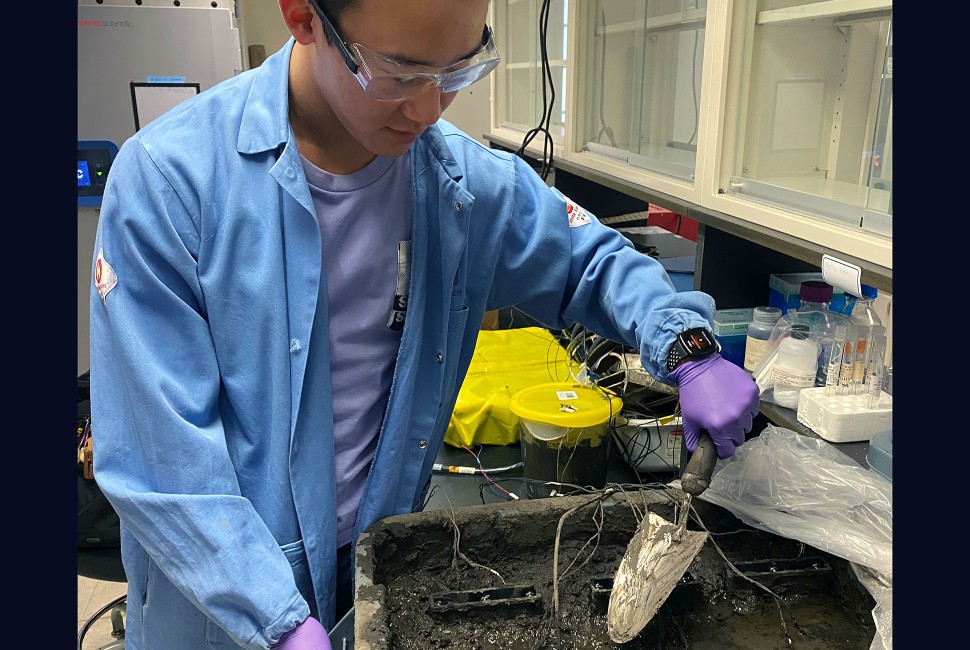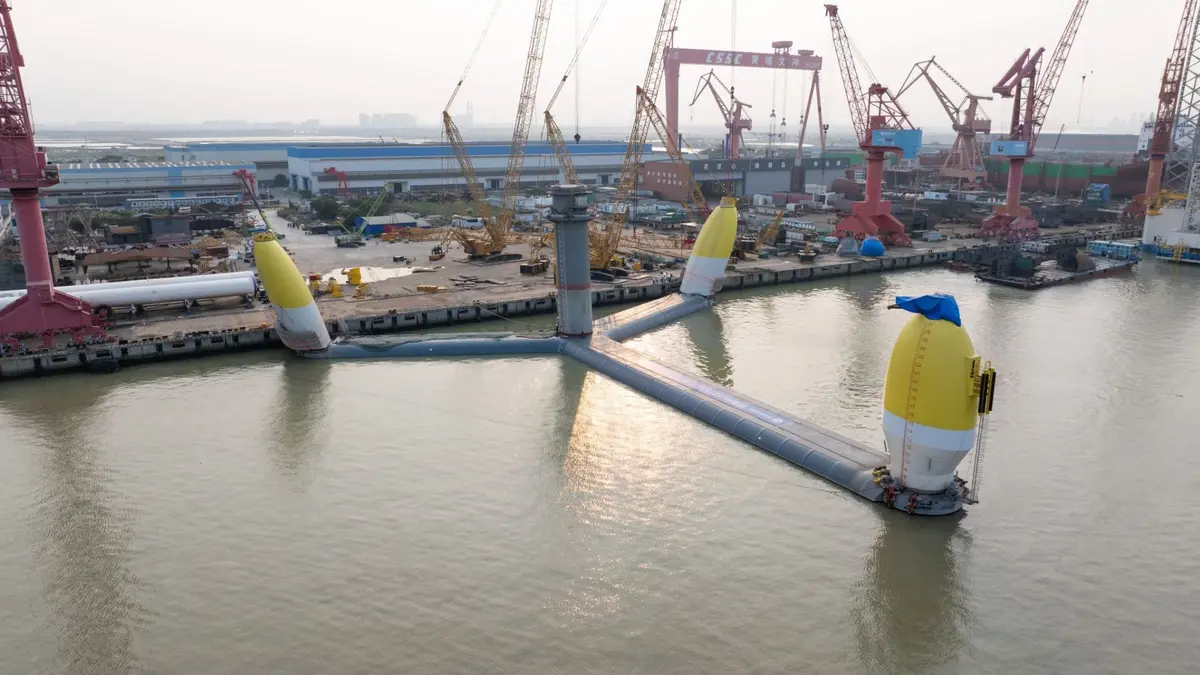In a revolutionary discovery, scientists have found a way to make energy out of thin air.
Researchers from Monash University in Melbourne, Australia have discovered a new bacterial enzyme that can turn air into electrical energy. Researchers foresee that this technology could one day be used to create devices that make energy from thin air.
“We’ve known for some time that bacteria can use the trace hydrogen in the air as a source of energy to help them grow and survive, including in Antarctic soils, volcanic craters, and the deep ocean,” said Professor Chris Greening, a contributor to the study, in a statement.
“But we didn’t know how they did this,” he added, “until now.”
According to the researchers, Huc is a “natural battery” that generates a sustained electrical current from the air or added hydrogen.
For this study, researchers studied a hydrogen-consuming enzyme dubbed ‘Huc’ sourced from the bacterium ‘Mycobacterium smegmatis’ commonly found in soil. Researchers discovered it through a series of advanced molecular-mapping techniques.
In order to determine its atomic structure and electrical pathways, researchers used advanced microscopy (cryo-EM). They also used a technique called electrochemistry to demonstrate the way purified enzyme creates electricity at minute hydrogen concentrations.
“When you provide Huc with more concentrated hydrogen, it produces more electrical current,” said Rhys Grinter, study lead and research fellow at Monash University. “Which means you could use it in fuel cells to power more complex devices, like smartwatches, or smartphones, more portable complex computers, and possibly even a car.”






